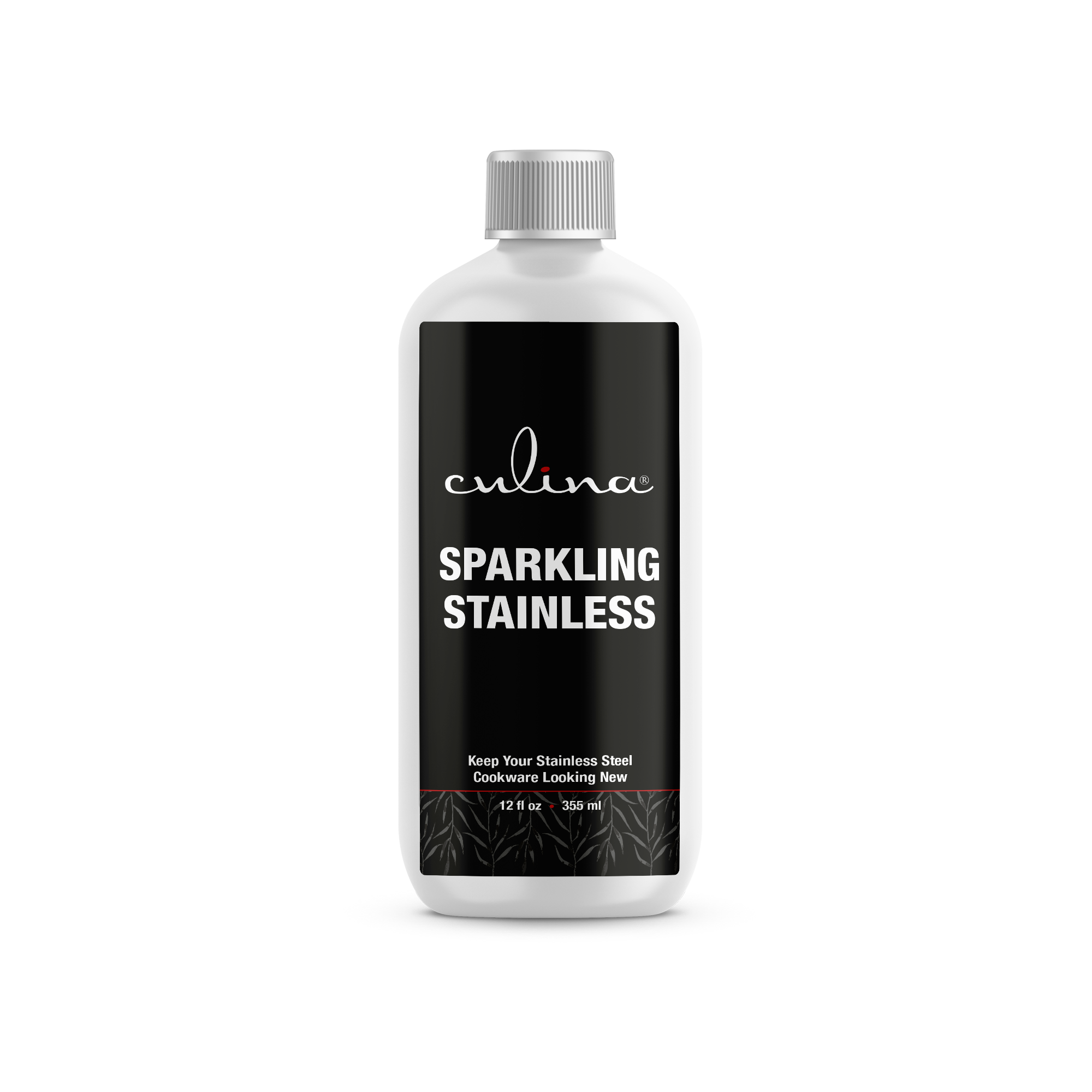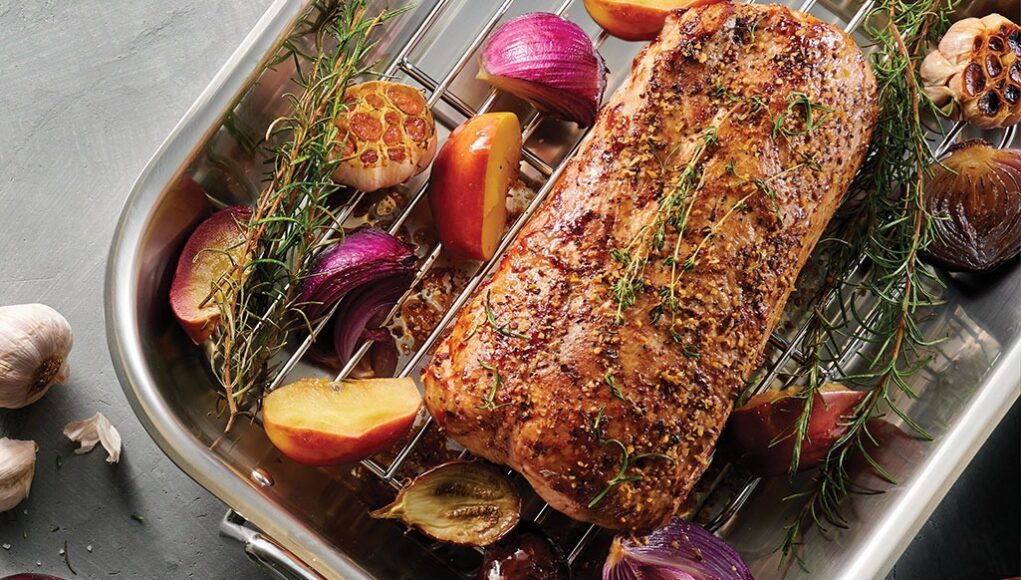Are you looking to roast a turkey to perfection? The first step to achieving that delightful, golden-brown bird is having the right pan. The type of pan you choose for roasting your turkey can make a tremendous difference in the outcome. In this article, we will delve into the various types of pans, their pros and cons, and which one might be best suited for your needs. Let’s get started!

Why the Right Pan Matters
The type of pan you use for roasting your turkey isnt just about convenience. It can affect cooking time, evenness of cooking, and the ability to capture delicious drippings for making gravy. Understanding the characteristics of different pans will help you make an informed decision.

The Classic Choice: Stainless Steel Roasting Pan
Durability and Versatility
Stainless steel roasting pans are a classic choice. They offer durability and versatility, capable of handling the high temperatures required for turkey roasting. Their shiny surface also provides an excellent platform for browning.
Heat Distribution
One of the key benefits of a stainless steel pan is its ability to distribute heat evenly. This ensures that your turkey cooks uniformly, avoiding undercooked or overcooked spots. Additionally, these pans are usually safe for stovetop use, allowing you to make gravy directly in the same pan.
Cleaning and Maintenance
Cleaning can be a bit challenging, especially if drippings get baked on. However, newer models often come with non-stick coatings that make the process easier.

The Lightweight Option: Aluminum Roasting Pan
Heat Conductivity
Aluminum roasting pans are renowned for their excellent heat conductivity. This property ensures quicker and more even cooking, making them a terrific choice for roasting a turkey.
Cost-Effective
These pans are often more affordable compared to their stainless steel counterparts, making them a cost-effective choice for many households.
Cleaning and Maintenance
One concern with aluminum is its tendency to react with acidic foods, which could affect the flavor of your turkey. They also require careful cleaning to prevent damage to the surface.
The Sophisticated Choice: Cast Iron Roasting Pan
Heat Retention
Cast iron pans are known for their exceptional heat retention properties. Once heated, they maintain a consistent temperature, ensuring even cooking and a crispy skin.
Longevity
With proper care, a cast iron roasting pan can last a lifetime. This makes it a terrific investment for those committed to serious cooking.
Cleaning and Maintenance
Cast iron requires special care, including seasoning to maintain its non-stick surface. Its heavier than other options, which might be challenging for some users.
The Modern Twist: Non-Stick Roasting Pan
Ease of Use
Non-stick roasting pans offer the convenience of easy release and hassle-free cleaning. They are designed to make the cooking process smoother and more efficient.
Limitations
While non-stick pans are easy to clean, they may not provide the same level of browning and caramelization as stainless steel or cast iron. They also have a shorter lifespan as the coating can wear off over time.
Size Matters: Choosing the Right Size Pan
The size of your pan is crucial. A pan that’s too small will result in overcrowding, while a pan that’s too large can cause the drippings to spread too thinly, which can burn easily. Always ensure that your turkey fits comfortably in the pan with some room to spare.
Handles and Lids: Additional Considerations
Ergonomic Handles
Opt for pans with sturdy, ergonomic handles. This makes it easier to transfer the pan in and out of the oven, especially when its loaded with a hefty turkey.
Lids for Versatility
Some roasting pans come with lids, adding to their versatility. Lids can help retain moisture, making them ideal for different recipes beyond turkey roasting.
The Rack: An Essential Component
Importance of a Rack
A rack elevates the turkey, allowing hot air to circulate around it for even cooking. It also prevents the turkey from sitting in its drippings, which can result in soggy skin.
Types of Racks
Racks come in various materials, including stainless steel and non-stick coatings. Choose one that fits well within your pan and matches your cooking style.
The Roast: Tips for a Perfect Turkey
Prepping the Turkey
Ensure your turkey is completely thawed and seasoned. Pat it dry to promote browning and consider using a meat thermometer to monitor internal temperatures.
Roasting Techniques
Roast your turkey at a consistent temperature, baste periodically, and use foil to cover any areas that begin to brown too quickly.
Common Mistakes to Avoid When Roasting a Turkey
Avoid common pitfalls such as using the wrong size pan, over-seasoning, and neglecting to allow the turkey to rest before carving.
Alternative Uses for Your Roasting Pan
Beyond turkey, your roasting pan can be used for a variety of dishes, such as roasted vegetables, lasagna, and even baking bread. Its a versatile tool that can enhance your kitchen repertoire.
Cleaning and Maintaining Your Roasting Pan
Daily Care
Always follow the manufacturers instructions for cleaning and maintenance. Avoid using abrasive materials to extend the life of your pan.
Storing Properly
Store your pan in a dry place, and if possible, hang it to avoid scratches and dents. Proper care ensures longevity and optimal performance.
Where to Buy Quality Roasting Pans
Consider purchasing from reputable kitchen supply stores or online retailers that provide detailed product descriptions and customer reviews. Look for brands that offer warranties and return policies.
FAQs About Roasting Pans
1. What is the best material for a roasting pan?
The best material depends on your specific needs. Stainless steel is durable and versatile, aluminum offers excellent heat conductivity, and cast iron provides superior heat retention.
2. Can I use a glass pan for roasting turkey?
While possible, glass pans are not recommended for roasting turkeys as they may not provide even heat distribution and can shatter under high temperatures.
3. How do I prevent my turkey from sticking to the pan?
Using a rack elevates the turkey and prevents it from sticking. Additionally, basting with oil or butter and lining the pan with parchment paper can help.
Looking for more kitchen tips and tricks? Visit Pan Mastery for additional insights.
As an Amazon Associate, I earn from qualifying purchases.
As an Amazon Associate, I earn from qualifying purchases.









